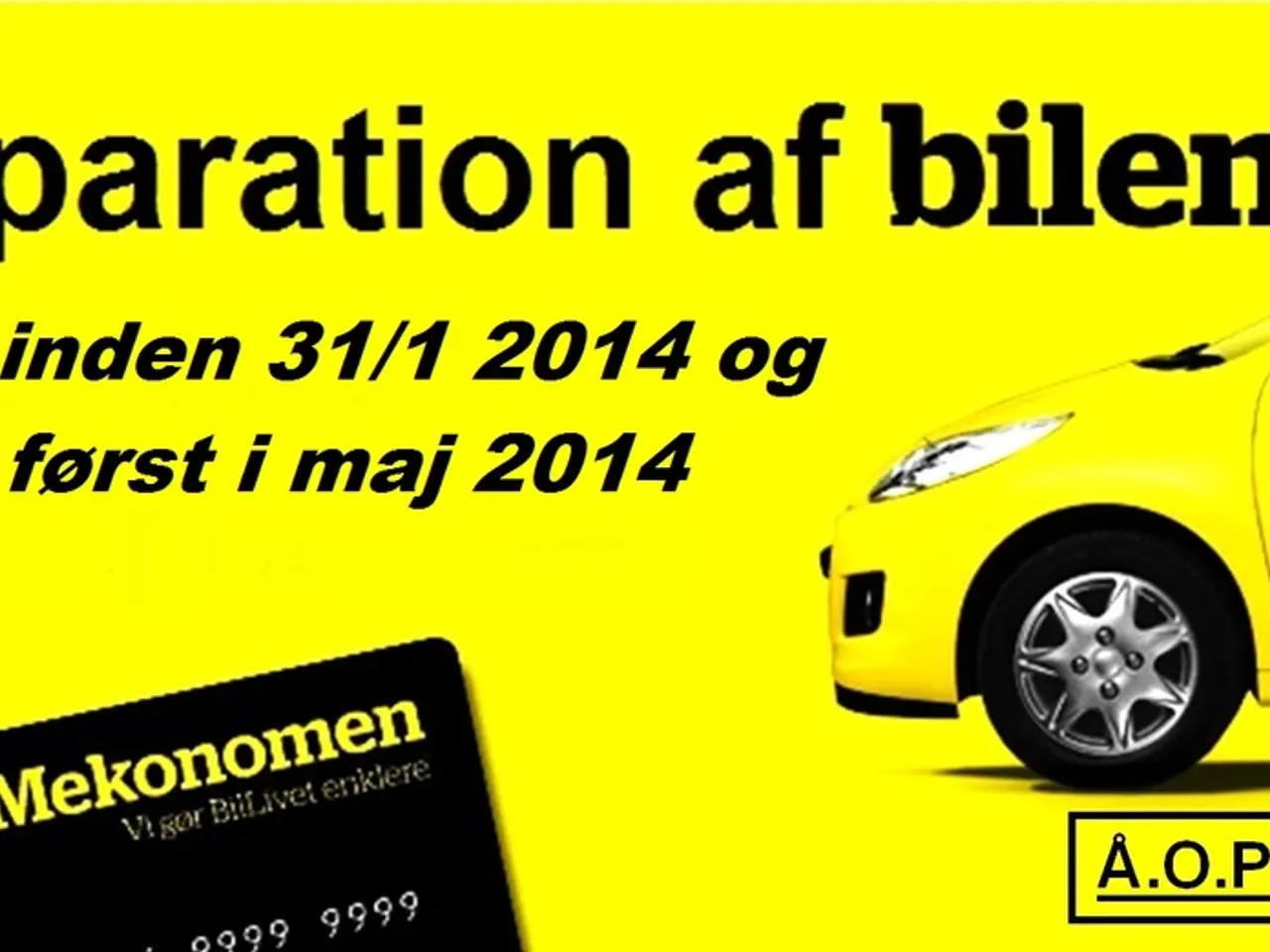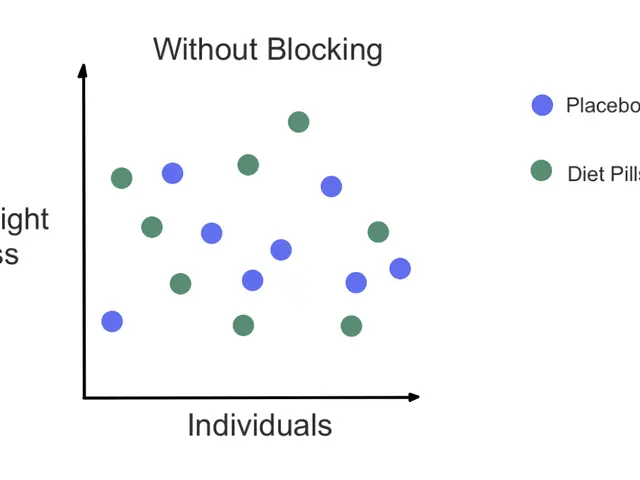Funding for electric vehicle initiatives stalls in Latvia
In the heart of Europe, Latvia's electric car support programme has come to a temporary halt, with the current scheme set to expire by the end of 2025 or when the available funds are exhausted. This pause in funding means there is currently no active large-scale support for electric vehicle (EV) purchases.
The programme, funded by the Emission Allowance Auction Instrument (EKII), has relied on revenues from these auctions as its primary funding source. However, with the available budget allocated, the programme has reached its limit, leading to its halt. As of August 2025, no clear new funding sources or continuation plans have been announced.
Latvia, with the lowest motorisation rate in the EU, has seen limited EV adoption and penetration. Without ongoing financial incentives, it is unlikely that EV uptake will increase rapidly. Interestingly, there is no explicit evidence that Latvia’s electric car support programmes have included or planned special provisions prioritizing vulnerable groups. Most support efforts have been general subsidies without clear segmentation towards vulnerable populations.
However, some energy efficiency-related funding programs, linked to the EU Recovery Fund and administered via ALTUM, do offer support for electric vehicles. These programs provide capital discounts and loans, but they are primarily aimed at entrepreneurs and larger investments rather than direct consumer grants. While these programs could indirectly impact EV market growth, they do not specifically target vulnerable individual consumers.
Looking ahead, the European Union Social Climate Fund will provide funding for a new support programme for the purchase of electric cars for vulnerable households and micro-enterprises, set to be developed next year. The amounts of state support for electric cars vary from €3,350 to €9,000. Out of the total number of electric cars registered in Latvia, around 37% were purchased with state support, with a total of 5,600 households benefiting from this assistance.
As the balance of funding for the current electric car support programme is expected to be fully utilised in the coming weeks, it remains unclear whether and how support will be continued beyond 2025, including whether it will be targeted only at vulnerable groups. The effectiveness of the existing support programmes funded by the EKII and the Modernisation Fund is currently being evaluated, offering a potential opportunity to redefine and strengthen the future of electric vehicle support in Latvia.
Read also:
- Unchecked Management of HP Dams Leads to Environmental Disaster: RTI Reveals
- Harnessing Magnetism's Potential: Revolutionizing Energy Production for a World Transformed
- EU's capability in leading the global fight against climate change while enhancing its economic standing?
- Southern Vietnamese province aims for recognition as a leading center for renewable energy production








